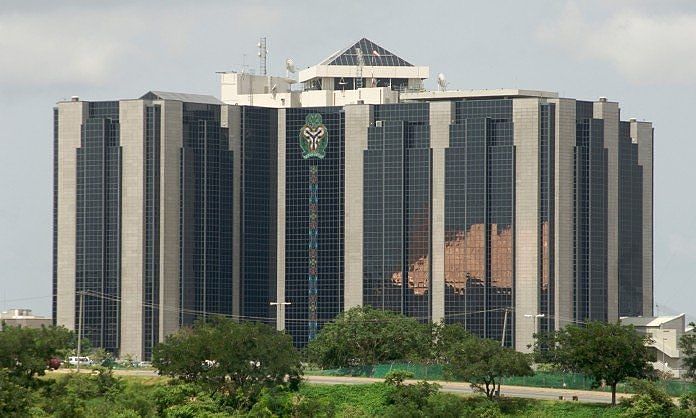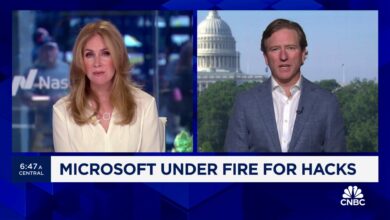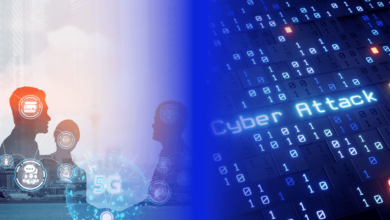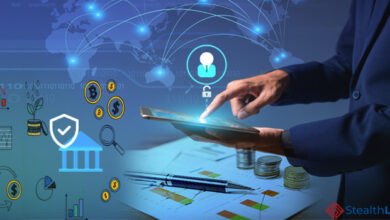Reconsidering The Cybersecurity Levy

May 12, (THEWILL)- The newly-introduced Cybersecurity Levy by the Central Bank of Nigeria (CBN), which has been generating a lot of reactions, really needs a reconsideration.
The CBN, in a circular titled, “Cybercrimes Act 2024 – Implementation Guidance on the Collection and Remittance of the National Cybersecurity Levy,” issued on May 6, 2024, had directed all banks, with effect from May 20, to start charging 0.5 percent (equivalent to 0.005) cybersecurity levy on all electronic transactions value as specified in the Cybercrime Act, Section 44(2)(a).
To underscore its determination to effect compliance with the levy that is also expected to significantly bolster government revenue and enhance effective corporate tax in the country, the apex bank has detailed the consequences of non-compliance to include a fine of not less than 2 percent of the defaulting business’s annual turnover upon conviction.
The Cybersecurity Levy is, however, considered an extra burden and an over kill on Nigerians and businesses that are already contending with other mandatory taxes/levies, such as the Tertiary Education Tax (2.5 per cent of profit), the National Information Technology Development Agency Levy (1 per cent of profit), the National Agency for Science and Engineering Infrastructure Levy (0.25 per cent of profit), and the Police Trust Fund Levy (0.005 per cent of profit), among others.
Although apparently introduced to curtail heightened cyber threats and boost cybersecurity infrastructure, the levy is however coming at the wrong time, given the increasing hardships most Nigerians and their businesses are going through presently.
Coming at a time of increasing living costs exacerbated by rising inflation, we align ourselves with the position of well-meaning Nigerians and organisations, such as the Nigerian Economic Summit Group (NESG) that the cybersecurity levy is, without doubt, mistimed.
Just like the NESG, we believe that the levy should be targeted at high-net-worth individuals and a specific amount transferred electronically to allay the fears of the populace, who are still struggling with skyrocketing food prices and other essentials of daily life.
Most Nigerians consider the new Cybercrime Levy an extra burden given that many are still reeling under the impact of the fuel subsidy removal, exchange rate challenges with implications of prices of items, as well as the recent increase in electricity tarrif.
We therefore agree with NESG that while acknowledging the imperative of enhancing cybersecurity resilience, there should be a prudent consideration of the cybersecurity levy’s timing and implementation modalities.
“By fostering dialogue, targeted application, and comprehensive cybersecurity strategies, Nigeria can navigate the evolving cyber threat landscape while safeguarding economic stability and promoting inclusive growth,” NESG maintains.




